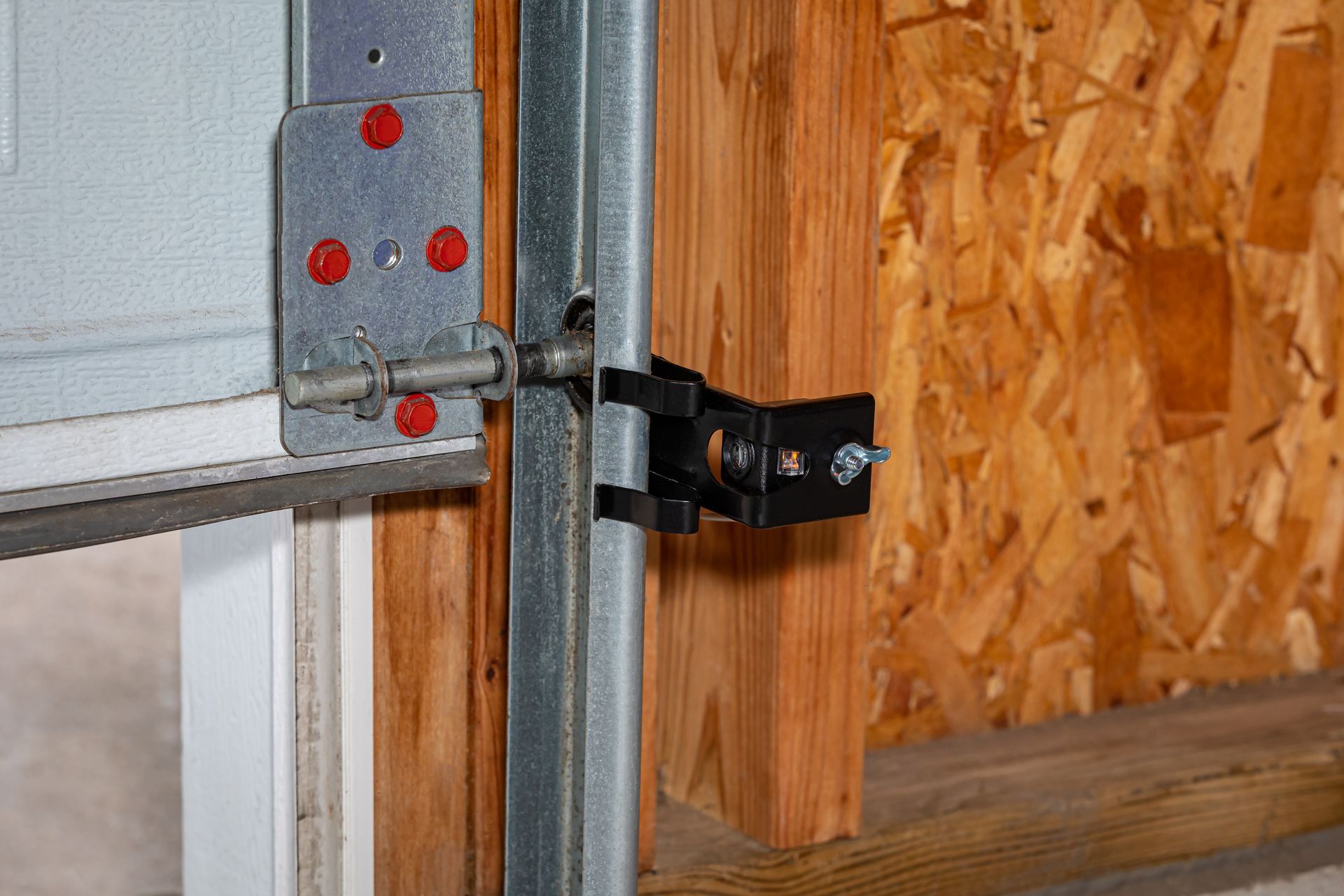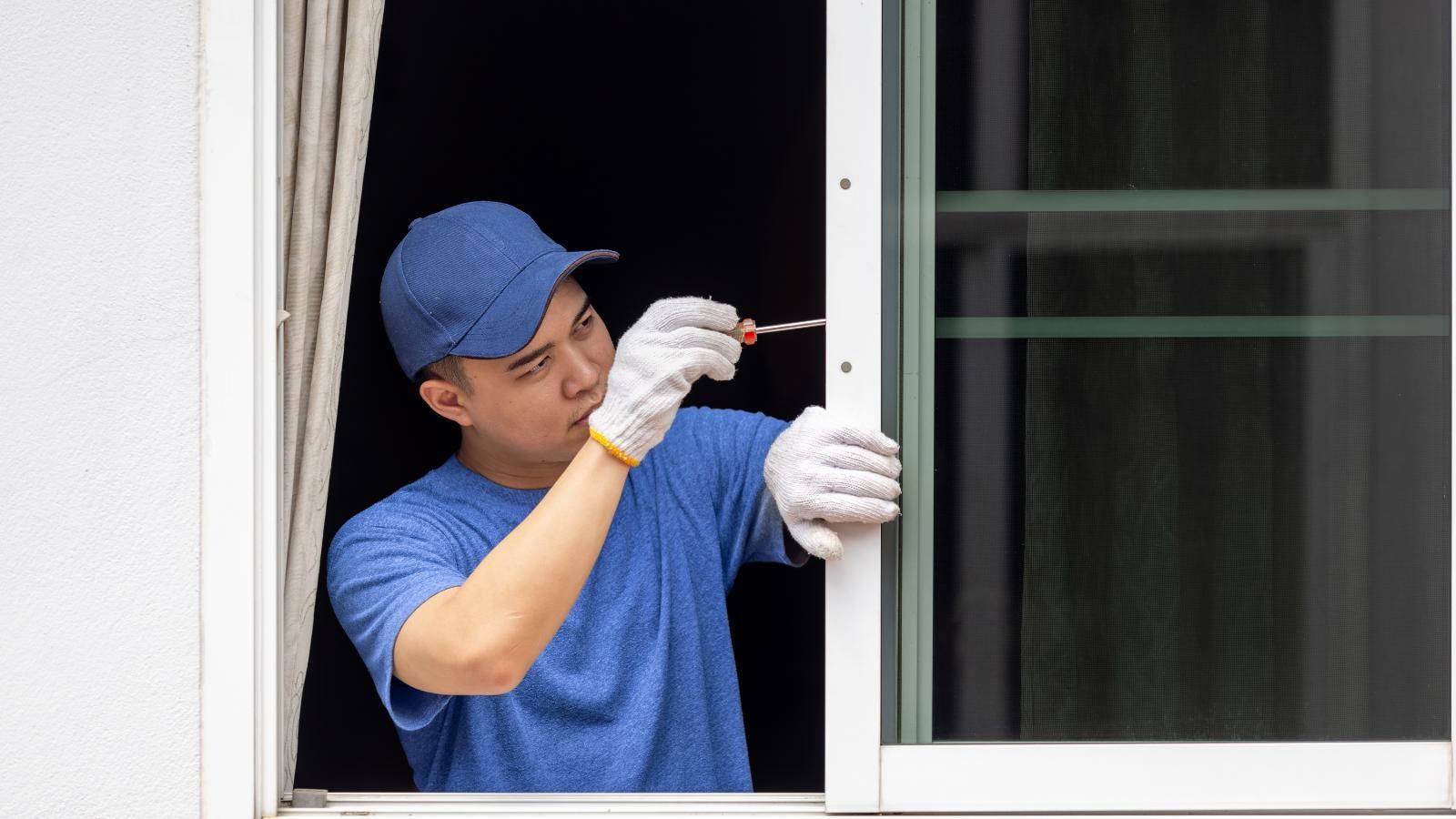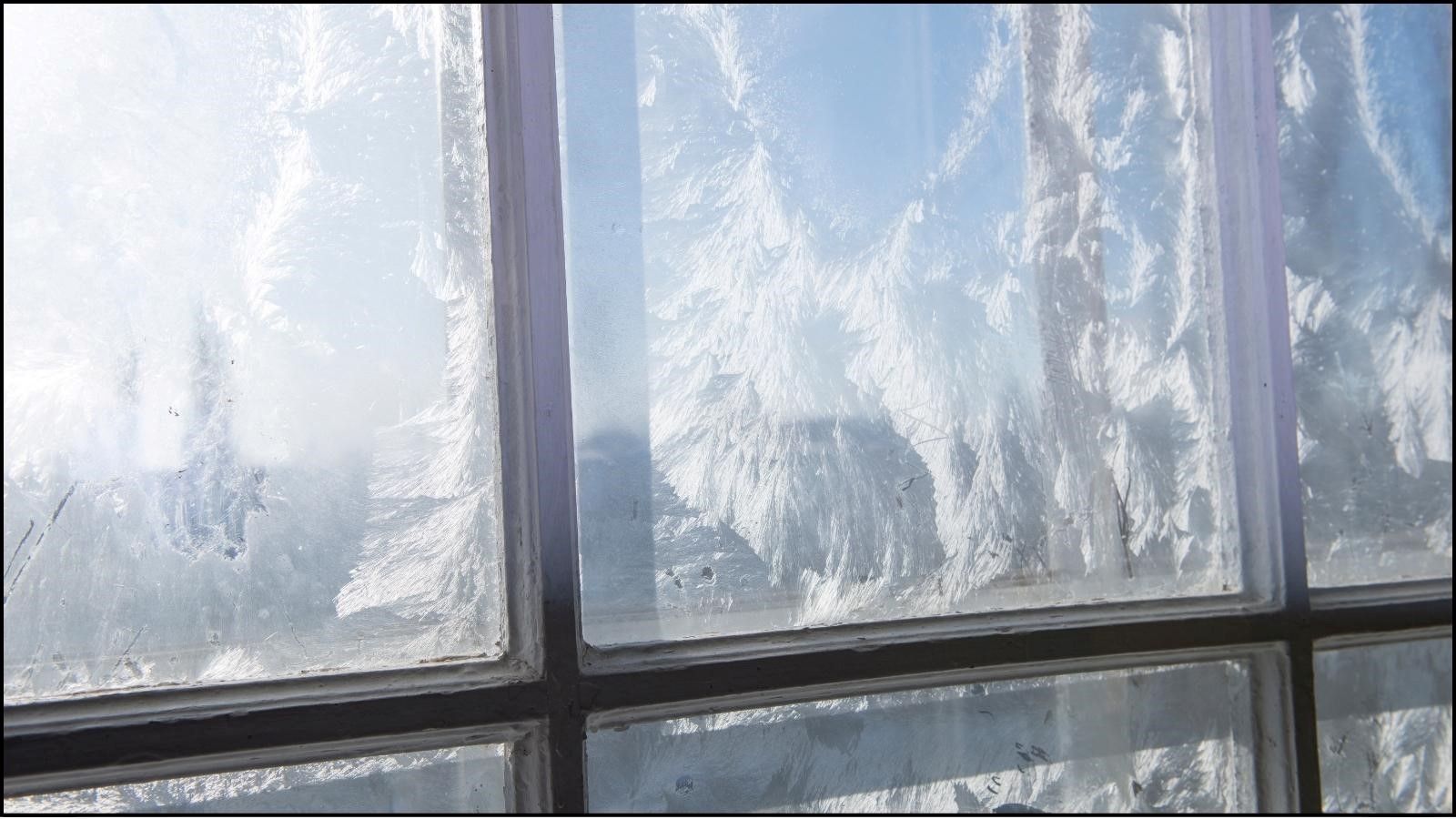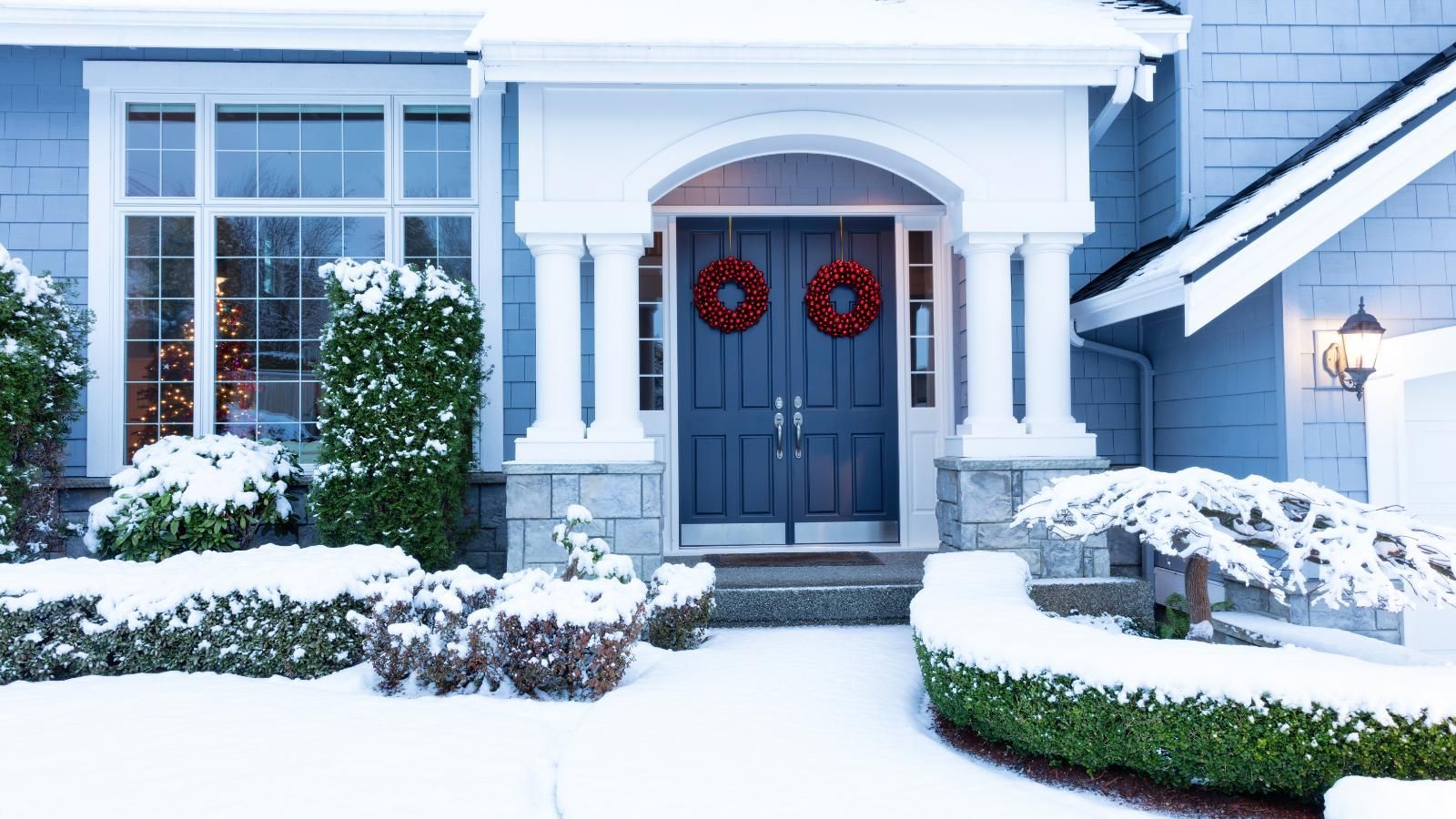Can Garage Door Sensors Go Bad
Garage door opener sensors
play a crucial role in the safety and functionality of automatic garage door systems; they are like the watchful eyes of your garage, making sure it’s safe for everyone around. Garage door sensors use infrared technology to detect obstacles. The sensors will stop the door from closing if they spot anything or anyone in the way, keeping accidents at bay. These sensors also keep your space secure by using a radio frequency (350MHz, to be precise) and sending different codes every time you use the door. This keeps crooks from snagging your code and using it for access. This changing code technology offers safety and tight security.
What are Garage Door Sensors and How Do They Work?
How do garage door sensors work? These clever devices use an invisible beam of light, creating a line of sight that stretches across the entrance of your garage. Here’s how they work: one sensor throws a beam to the sensor on the other side that catches it. If anything interrupts the beam (say, a wandering pet, a rolling basketball, or even a person), the sensors signal the door to stop. This safety feature plays an important role in alleviating the risks of injury or damage to anything in its path. These photo-eye sensors offer homeowners and occupants a significant measure of security and peace of mind.
Common Signs of Malfunctioning Garage Door Sensors
The answer is yes if your next question is “Do garage door sensors go bad?” First, take a look at the sensors at the base of your garage door using an infrared beam. If the lenses are dirty or obstructed, the signal won’t be received properly, leading to a malfunction. This can cause the door to refuse to close or to reverse unexpectedly.
Next, check to see if the sensors are out of alignment. If they become misaligned, the beam will be interrupted. This misalignment can lead to the garage door behaving erratically, such as stopping midway, not closing, or reversing for no apparent reason.
Homeowners can tackle cleaning or realigning their garage door sensors on their own. However, if your door isn't working due to electrical or mechanical issues, it's time to call a professional.
Inconsistent Operation and False Alarms
It might be time to call a professional if your garage door operates inconsistently. Professionals have the tools and know-how to diagnose these issues accurately. Garage doors are heavy and operate under significant tension. If sensors are malfunctioning, it could lead to unpredictable door movements, posing a risk of injury. Professionals know how to handle these systems safely, reducing the risk of accidents.
Getting sensors perfectly aligned isn’t always as easy as it sounds. Professionals use specific tools and techniques to ensure the alignment is precise, preventing future issues and ensuring the door operates smoothly.
Electrical problems could be the reasons for the inconsistent operation of your garage door opener. These are not only challenging to diagnose but also dangerous to handle without proper training and equipment.
Physical Damage and Wear
Garage door sensors can become damaged because they are positioned near the ground. They can be struck by vehicles, or lawn equipment, or damaged by children or pets.
Over time, garage door sensors can also experience wear and tear from repeated use and exposure to environmental factors such as dust, debris, moisture, and temperature fluctuations. This natural degradation can affect the sensors’ performance, diminishing their sensitivity or ability to transmit and receive signals accurately.
Physical damage or wear and tear on your garage door sensors is a strong indication that it’s time to call the experts. They will ensure your garage door is safe, reliable, and functions as it should.

The Lifespan of Garage Door Sensors
Do garage door sensors go bad, and how long do they last? Yes, over time garage door sensors can to bad. Garage door sensors often last as long as the garage door opener itself, which can be around 10 to 15 years. The following factors will affect the lifespan of your garage door sensors:
- The quality of the sensors
- How many times the door is used
- Environmental conditions
- Maintenance
- Physical Damage
While garage door sensors are built to last and often do, their longevity will be affected by how well they are maintained, their exposure to harsh conditions, their quality, and how often the garage door is used. Proper care and occasional checks can help ensure they function effectively for as long as possible.
Troubleshooting and Repairing Garage Door Sensors
While troubleshooting and repairing garage door sensors, it’s important to understand their importance for safety. Here’s a basic guide on how to address common issues with garage door sensors not already mentioned:
- Check for wiring issues. Inspect the wires connecting the sensors to the garage door opener for any signs of damage or disconnection and repair or replace them as necessary.
- Test the Sensors: After cleaning, realigning, and checking the wiring, test the door’s functionality to see if the sensors are working correctly.
Knowing how to repair garage door sensors involves an understanding of the safety features required by law since the early 1990s. These sensors prevent the door from closing if an object, person, or animal is detected in its path. So, will a garage door work without sensors? Technically, yes, but bypassing or disabling the sensors is dangerous and against safety regulations.
It’s time to contact your local garage door company if you are considering bypassing the door sensors for any reason. A professional will provide a comprehensive assessment, and confirm that your garage door system complies with safety standards.
When to Replace Your Sensors
Replace your garage door sensors when they start showing signs of wear and tear. Investing in new garage door sensors can be the best solution to ensure that your garage door operates smoothly and safely. You will avoid potential safety hazards and costly repairs in the future by replacing your garage door sensors when needed. Trusting the expertise of professionals to replace your garage door sensors will guarantee optimal performance and peace of mind for you and your family.
Preventative Measures to Extend Sensor Life
Regular maintenance is the key to prolonging the lifespan of your sensors and preventing potential issues. It is recommended to inspect your overhead door sensors periodically for any signs of wear or damage. Following tips below will extend the sensor life:
- Clean your garage door often - use dish soap and hose down to clean
- Tighten hardware - tighten any loose nuts, bolts, or screws.
- Clean the garage door sensors – gently wipe the sensors clean avoiding misalignment
- Lubricate moving parts - Wipe the tracks clean and lubricate moving parts once a year
If you notice any malfunctions such as inconsistent readings or failure to detect obstacles, it may be time to replace the door sensors.
Choosing the Right Partner for Your Garage Door Needs
Choosing the right company for your garage door needs is important when it comes to repairs or replacements. If your garage door opener sensor is malfunctioning or reading inaccurately, it may be time to replace it. Don’t hesitate to reach out to
Door Systems Inc. for expert assistance with any garage door issue. Our team of professionals is here to help you with all your garage door needs and guarantee our work. Contact us today for reliable and expert assistance!






